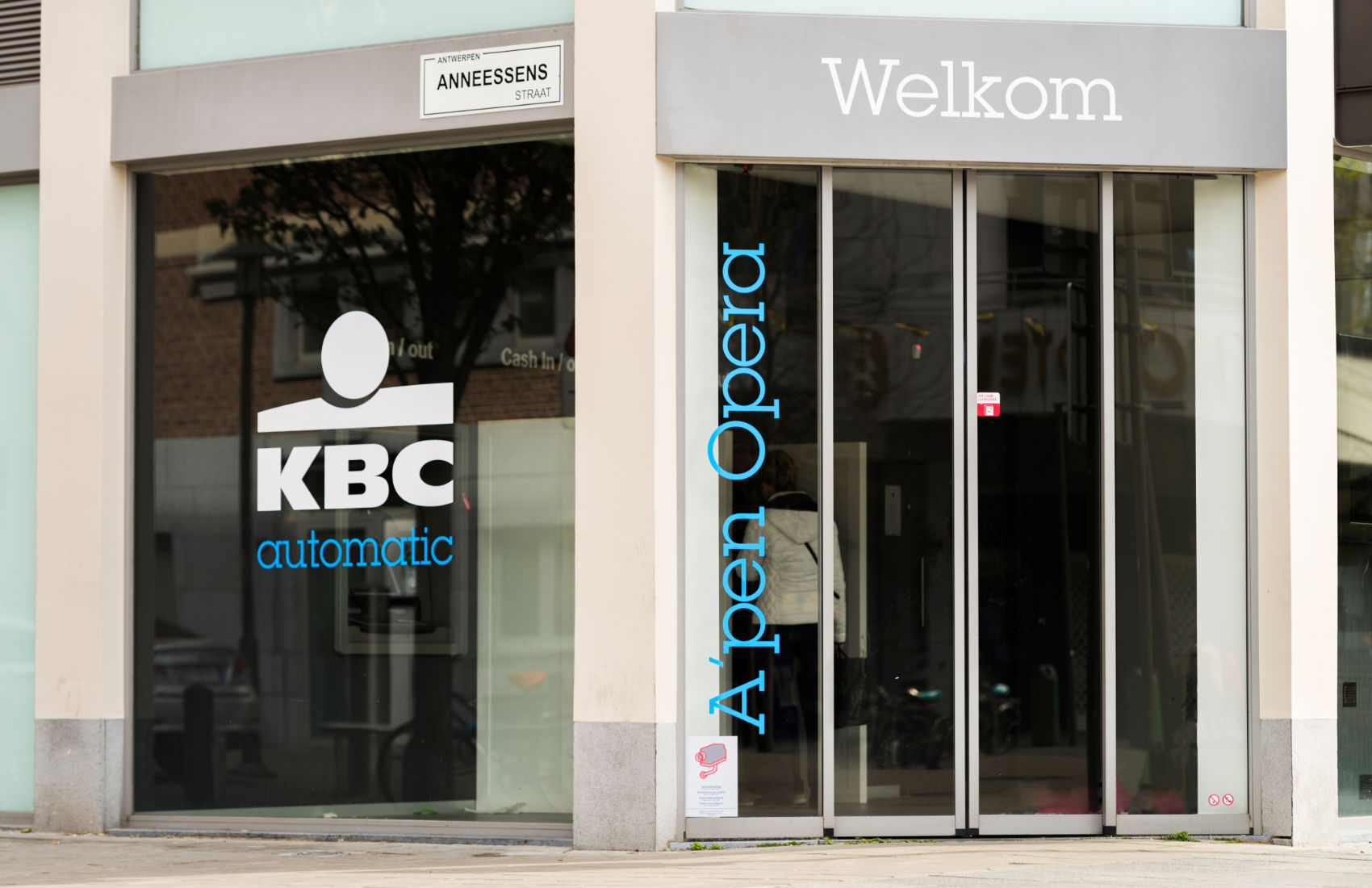KBC Bank to Launch Crypto Services Following CACEIS MiCA License Approval

KBC Bank Set to Launch Cryptocurrency Services Through Bolero App
KBC Bank’s Ambitious Crypto Plans
KBC Bank of Belgium is gearing up to introduce a cryptocurrency retail service via its Bolero banking application, as reported by Les Echo. Before launching, the bank is seeking approval to operate as a crypto asset service provider (CASP), which could position it as the first institution in Belgium to secure such a license. The bank aims to roll out this service later this year.
KBC’s blockchain Experience
Although KBC’s experience in the cryptocurrency sector may be limited, the bank has a notable history with blockchain technology. France’s Societe Generale FORGE is recognized as the first European banking entity to issue an e-money token, which is essentially a stablecoin under EU regulations. However, some might argue that KBC was technically the pioneer, despite the differences between the two offerings.
Three years ago, KBC introduced the Kate Coin exclusively for users of its Bolero app. This digital currency can only be exchanged among KBC clients and operates on a private, permissioned blockchain. In contrast, SocGen FORGE’s EURCV is more akin to a conventional stablecoin. The Kate Coin was primarily utilized to reward Bolero users.
Other Belgian Banks’ Crypto Aspirations
Inquiries made by local reporters regarding the cryptocurrency strategies of other Belgian banks revealed that both ING and Belfius are contemplating similar offerings. However, BNP Paribas Fortis has indicated that it currently has no plans in this area.
CACEIS Secures MiCA Crypto License
While KBC is focusing on retail cryptocurrency services, France’s CACEIS is targeting institutional clients. This week, CACEIS announced that it has obtained a MiCA license, enabling it to offer custody services, facilitate transfers, and process orders for crypto assets.
Laurent Majchrzak, the Group Head of Digital Assets at CACEIS, stated, “This enhances our role as a reliable intermediary, supporting the evolution of financial markets. By allowing our clients to invest in both traditional financial instruments and crypto-assets within a unified portfolio, we are significantly improving CACEIS’s value proposition.”
Rapid Growth in MiCA Licensing
The pace of MiCA licensing is accelerating swiftly. The European Securities and Markets Authority (ESMA) has seen its official list of CASP licenses expand from 31 just three weeks ago to 45 today. However, this figure does not reflect a true 50% increase in approvals due to administrative delays between national regulators issuing licenses and their updates on ESMA’s central registry. Given that some firms hold multiple licenses, the actual count of licensed CASPs operating across the EU currently stands at 36.
Among these, banks represent five of the 36 licensed CASPs. Spain’s BBVA was the first to receive a license in March, followed by Germany’s BaFin granting licenses to Baader Bank, Commerzbank, and N26 in April and May. CACEIS completes the list of licensed banks.







